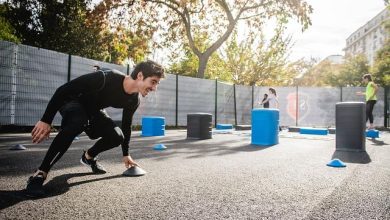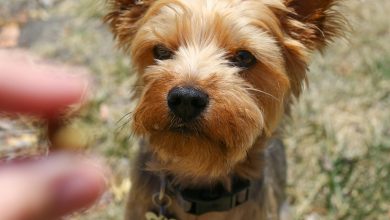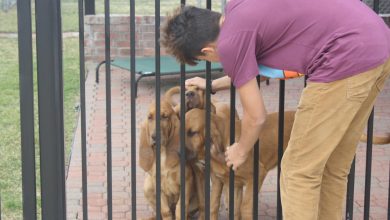Positive reinforcement training for puppies with behavioral issues

In the enchanting world of wagging tails and playful barks, puppies bring boundless joy and energy into our lives. Yet, beneath their fluffy exteriors, some puppies grapple with behavioral challenges that can test even the most patient of pet owners. Enter the transformative power of positive reinforcement training—a compassionate and effective approach that speaks the language of kindness and encouragement. This article delves into the art and science of guiding our young canine companions towards better behavior, unraveling how a gentle nudge in the right direction can lead to remarkable changes. Whether it’s a penchant for chewing on shoes or an overenthusiastic greeting style, positive reinforcement offers a beacon of hope, illuminating the path to a harmonious relationship between puppies and their human families. Join us as we explore the techniques and benefits of this nurturing training method, where patience and praise create a symphony of learning and love.
Understanding the Basics of Positive Reinforcement for Puppies
Positive reinforcement is a training technique that focuses on rewarding desirable behaviors, making it a powerful tool for addressing puppy behavioral issues. By providing treats, praise, or playtime when a puppy exhibits good behavior, you can encourage the repetition of those actions. This method helps in creating a strong bond between you and your puppy, fostering trust and understanding. Consistency is key, as puppies thrive on routine and predictability, which helps them understand what is expected of them.
- Identify the Behavior: Clearly define the behavior you wish to reinforce.
- Choose a Reward: Select a reward that your puppy finds motivating, such as a favorite treat or toy.
- Immediate Reinforcement: Offer the reward immediately after the desired behavior to create a clear association.
- Consistency is Crucial: Reinforce the behavior consistently to ensure your puppy learns effectively.
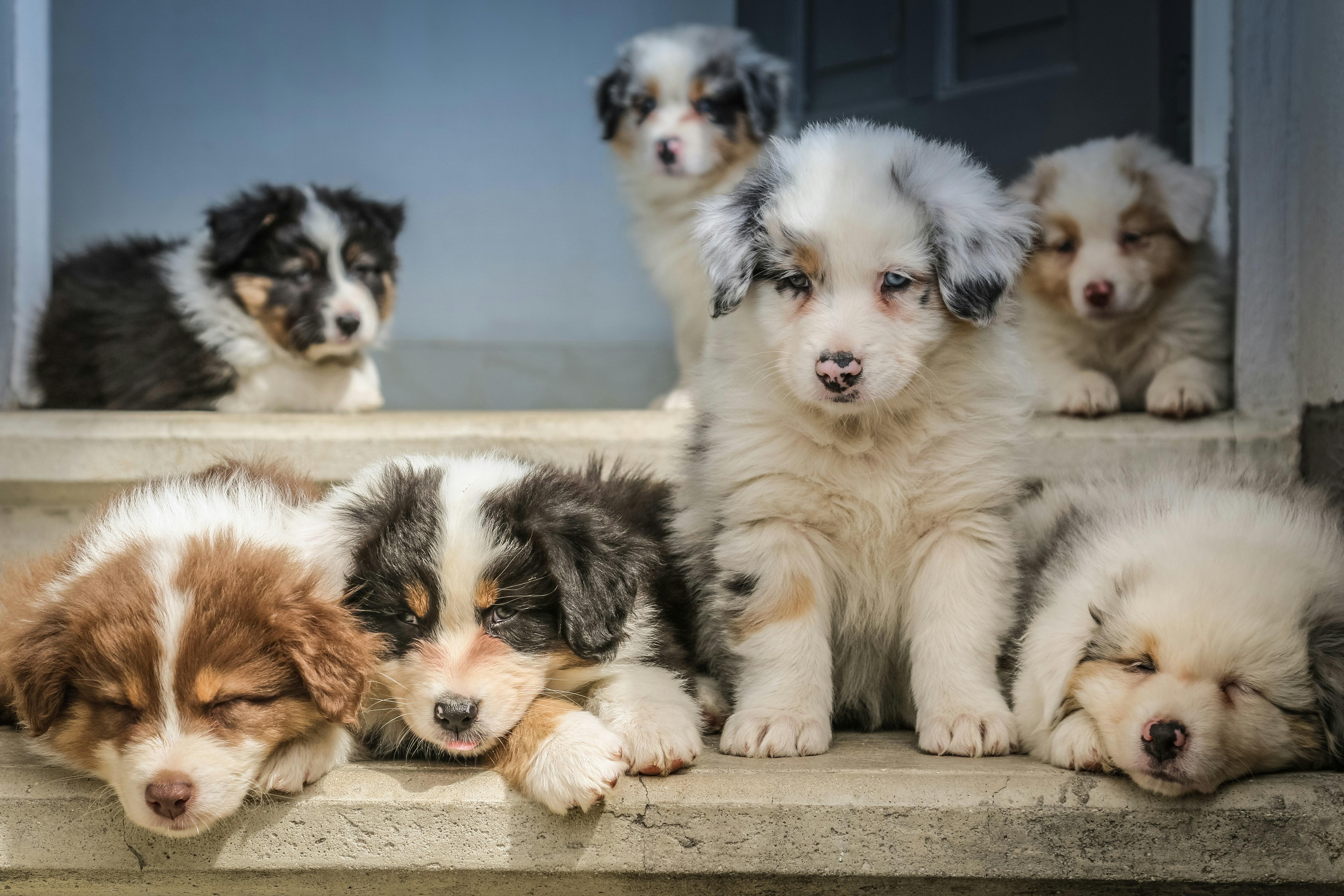
Identifying Common Behavioral Issues in Young Dogs
When puppies display behaviors that seem out of the ordinary, it can be challenging for pet owners to understand what might be causing these issues. Recognizing common behavioral challenges in young dogs is the first step towards addressing them effectively. Some prevalent concerns include:
- Excessive Barking: Often a result of boredom, anxiety, or a need for attention, persistent barking can be mitigated with consistent training.
- Chewing: While natural for teething puppies, destructive chewing might indicate a lack of appropriate outlets for their energy.
- Jumping Up: A common way for puppies to seek attention, which can be curbed by teaching them alternative, more acceptable behaviors.
- Separation Anxiety: Young dogs can become distressed when left alone, often resulting in destructive behavior or incessant whining.
Each of these behaviors can be addressed through positive reinforcement techniques, which focus on rewarding desired behaviors rather than punishing the undesired ones. This approach not only helps correct behavioral issues but also strengthens the bond between the puppy and its owner. By understanding the root causes and employing patient, consistent training, these common issues can be transformed into opportunities for growth and learning.
Crafting a Tailored Training Plan for Your Puppy
Creating a personalized plan for your puppy’s training involves understanding their unique behaviors and employing positive reinforcement techniques to guide them. It’s important to first identify the specific behavioral challenges your puppy is facing. Whether it’s excessive barking, chewing, or jumping, each issue requires a tailored approach. Begin by observing your puppy’s behavior in different situations to pinpoint triggers and patterns. This awareness will serve as the foundation for your training strategy.
- Use treats and praise as rewards for desired behaviors.
- Introduce clicker training to create a clear communication system.
- Ensure training sessions are short and consistent to maintain your puppy’s attention.
- Incorporate playtime to make learning enjoyable and to reinforce good behavior naturally.
Consistency and patience are key. By crafting a training plan that is both structured and flexible, you can address behavioral issues effectively, fostering a positive environment for your puppy to learn and grow. Remember, each small success builds towards a well-behaved and happy companion.
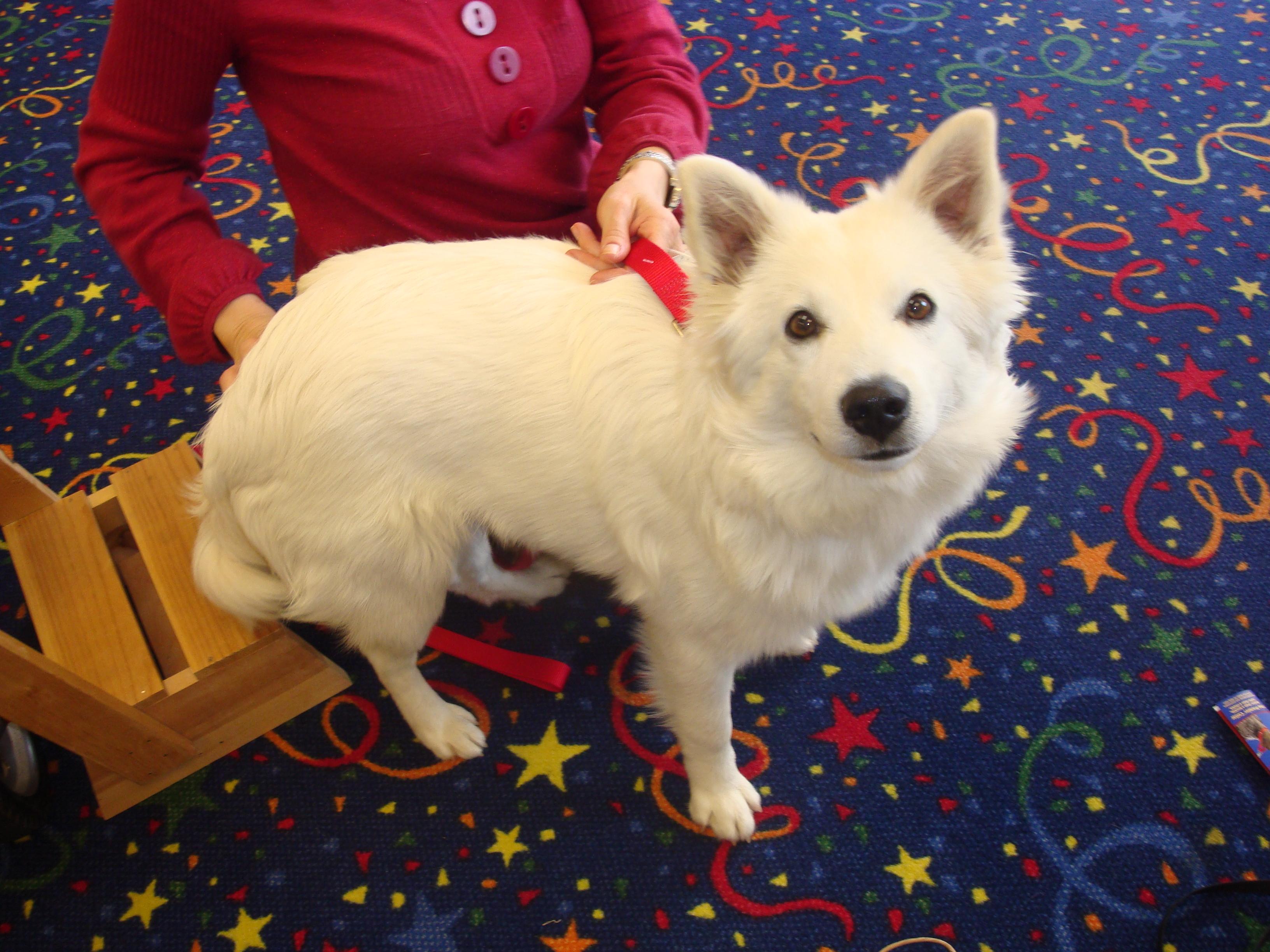
Effective Rewards and Techniques for Lasting Results
Incorporating effective rewards and techniques is crucial when addressing behavioral issues in puppies. Positive reinforcement training leverages a variety of rewards to encourage desired behaviors, making learning a joyful experience for your furry friend. Treats are the most common form of reward; however, it’s essential to use them wisely. Opt for small, healthy treats that your puppy finds irresistible, and pair them with verbal praise to reinforce good behavior. Praise and affection can be equally powerful, offering a more personal touch to the training process.
Beyond treats and affection, consider integrating interactive play as a reward. Activities like fetch or tug-of-war can motivate your puppy to follow commands, especially if they have a high play drive. For puppies that enjoy mental challenges, puzzle toys can be both rewarding and stimulating, helping to redirect unwanted behaviors into productive problem-solving tasks. By varying the types of rewards and adapting them to your puppy’s preferences, you create a positive training environment that fosters lasting behavioral change.
In Retrospect
As we wrap up our exploration of positive reinforcement training for puppies with behavioral issues, it’s clear that this approach offers a beacon of hope and harmony for both pets and their owners. Through patience, consistency, and a sprinkle of creativity, this method transforms challenges into opportunities for growth and connection. By focusing on rewarding desired behaviors, we not only guide our furry companions towards a happier, more balanced life but also strengthen the bond that ties us together. In this journey, every wag, every playful bark, and every gentle nuzzle becomes a testament to the power of kindness and understanding. So, as you embark on your training adventures, remember that each small step forward is a victory in itself, paving the way for a lifetime of joyful companionship.
